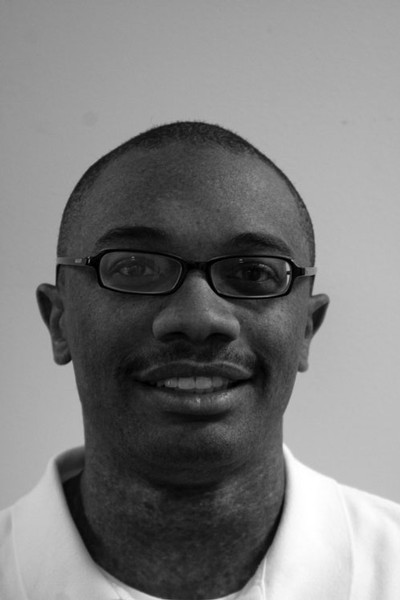
Evening news still late-breaking?
This week, CBS News announced that NBC’s “Today” co-host Katie Couric would be the permanent replacement for Dan Rather on the “CBS Evening News.” This would make her the first solo female anchor of a network evening newscast. Many are hoping her addition will create a revived interest in a slowly dying institution.
Network evening newscasts were once the staple of getting news information in an era when there were no cable news channels or Internet. These new media outlets only help to drive the evening newscasts ratings further down. The most assured way 40 years ago of getting the latest news was by turning the television on and watching the evening news.
Another factor contributing to the decline is the average age of people who watch these newscasts. The average age of someone watching the evening news is around 60 years old. Anyone who watches any of the evening newscasts can deduce this, given the ridiculously high amount of prescription drug advertisements during the commercial breaks. This high average age means that many of the constant viewers are slowly dying out. It is also a sign that the networks must find effective ways to bring in younger viewers. At the same time, they must not compromise the quality of newscasts in exchange for bringing in younger viewers, such as certain other cable networks (e.g. CNN and Headline News).
It can also be said that ratings for evening news programs go up in times of crisis. The best example people point to is the fact that ratings for evening newscasts were at their highest at 59 percent of the viewing audience in 1969, during the height of the Vietnam War. Others also point to how overall ratings for evening newscasts spiked up in the aftermath of 9/11. Despite the boost 9/11 contributed to ratings, the numbers were nowhere near those seen during the Vietnam era. Another reason it can be said that crises no longer boost evening newscast ratings is because even with the Iraq War going on, ratings overall continue their gradual decline.
The one bright spot as far as network news is concerned, is with morning news programs, such as “Today” and “Good Morning America.” In the past decade, the ratings for morning programs have remained steady while those for evening newscasts have gone down. There could be several reasons to explain this, most notably the fact that morning programs report the latest headlines that have occurred overnight. Some would also argue that a perceived substantial lack of newsworthy stories are being reported in these programs. Nonetheless, the attractiveness of these morning programs has caused cable news networks to start their own morning news shows, such as CNN’s “American Morning” and Fox News’ “Fox and Friends.”
CBS is hoping Couric’s popularity in the morning newscasts can translate to popularity in the evening news. This could not have come at a better point, considering that the “CBS Evening News” has consistently finished in last place among the three networks in evening news ratings for the past 15 years. With her addition, CBS is sure to present a formidable challenge to the current evening news leader, “NBC Nightly News.”
I think that the shuffling around of popular journalists such as Couric will, at best, slow down the continuing trend of the declining popularity of network evening newscasts. As the times have changed, so have the ways people receive their news. Forty years ago, people felt like they were on the cutting edge of information with reports on the evening news. Today, when watching these same broadcasts, people wonder if any new news has surfaced and then go online to find out.
The battle today is not how many people tune to each newscast, but which newscast is in first place among the three networks. This does nothing but put a good spin on declining viewership ratings. While Couric might boost CBS out of the evening news cellar, no sole anchor can boost network evening news itself out of the television ratings basement. At the same time, these broadcasts should never be eliminated, due to their long-standing tradition as a part of American television history.
Shaun Wyche is a senior political science major. He can be reached at [email protected].








